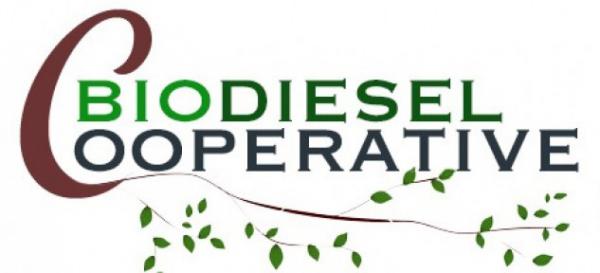
One of the most difficult challenges in establishing this project was finding an appropriate space for its location on campus. Since the inception of the Cooperative in December 2010, we have received unanimous support from various organizations on campus including Housing and Food Services, ASUW, and the College of Engineering, among others. Unfortunately, these organizations could not support us with the financial means of obtaining a lab space on campus that was up to fire and safety code. This was surprising for a research university as large as the University of Washington; we found that even though there was plenty of lab space most of it was already being used for important research. However, the core group of us believed in this project, and after being without a space for over two years, we finally located an alternative option: instead of using a conventional lab space with a fume hood (as was originally planned), we would instead build our own lab space out of a modified shipping container and place it on the grounds of the Fleet Services building. The greatest insight that we learned from this whole experience is the importance of thinking outside the box when faced with an obstacle.
There were several periods of our history where we began to doubt the future of the Cooperative and whether this idea would ever make it past the planning stages, but we refused to give up. We attempted to exhaust every available option we possibly could; talking with, and presenting to as many possible officials on campus as we could. When we contacted Transportation Services, they expressed sincere interest in the idea of using renewable, locally produced fuel to power their fleet. They even offered us the use of their grounds so that we could build our own facility. After expanding on this idea for several months, we completed a preliminary design, developed a budget, and wrote a proposal to the CSF which was approved in February of 2014. It is important to realize that none of this would have been possible had we not approached Transportation Services roughly a year ago. Through this long endeavor we learned the importance of asking everyone and pursuing every opportunity; you never know when you will find the right people that will be willing to provide you with the resources needed to get your project off the ground.
We are extremely grateful to everyone who has supported us along the way towards our goal of bringing renewable fuel production and green engineering education to campus. Specifically, we want to extend enormous gratitude towards Transportation Services, Housing and Food Services, ASUW, the College of Engineering, Capitol Projects, Environmental Health and Safety, and, of course, the Campus Sustainability Fund, for providing all of the support and resources that we needed in the construction and implementation of this project.